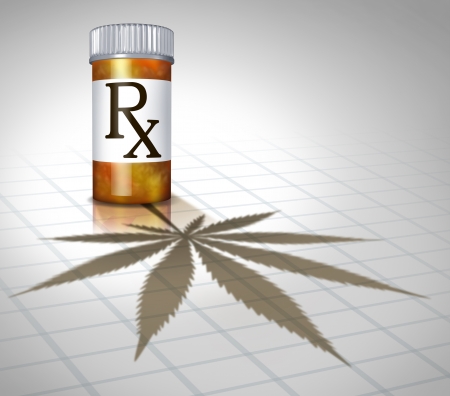Robin Padilla pushes for legalization of medical marijuana use
MANILA, Philippines — Senator Robin Padilla is pushing for the legal use of medical marijuana or cannabis as a “compassionate alternative means of medical treatment” in the country.
Under Senate Bill No. 230 or the “Medical Cannabis Compassionate Access Act of the Philippines” which Padilla filed on Friday, medical cannabis is permitted “to treat or alleviate a qualified patient’s debilitating medical condition or symptoms.”
The legalization of medical cannabis covers its acquisition, possession, transportation, delivery, dispensation, administration, cultivation, or manufacturing for medical purposes, according to the measure.
“The State should, by way of exception, allow the use of cannabis for compassionate purposes to promote the health and well-being of citizens proven to be in dire need of such while at the same time providing the strictest regulations to ensure that abuses for casual use or profiteering be avoided,” Padilla said in the bill’s explanatory note.
The bill defines “debilitating medical conditions” as cancer; glaucoma; multiple sclerosis; damage to the nervous system of the spinal cord, with objective neurological indication of intractable spasticity; epilepsy; positive status for human immunodeficiency virus (HIV) or acquired immune deficiency syndrome (AIDS); and rheumatoid arthritis or similar chronic autoimmune inflammatory disorders.
Article continues after this advertisementAs per the measure, a debilitating medical condition also includes diseases requiring admission into hospice care; severe nausea of any cause; sleep disorders including insomnia and sleep apnea; mood disorders including severe anxiety, panic attacks, bipolar disorder, depression, post-traumatic stress disorder, and social anxiety disorder; and recurring migraine headaches.
Article continues after this advertisementThe measure tasks the Department of Health (DOH) with establishing Medical Cannabis Compassionate Centers (MCCC) in tertiary hospitals. The MCCC is authorized to acquire, possess, deliver, transfer, cause the cultivation, manufacture, store, sell, supply, and dispense medical cannabis.
The DOH shall also establish a Prescription Monitoring System and maintain an electronic database of registered medical cannabis patients, their physicians, and other qualified entities for monitoring and regulation purposes, the bill states.
“The DOH shall issue registry identification cards to qualified medical cannabis patients, which shall also contain a QR code unique to every qualified patient,” the bill states.
The Food and Drug Administration, meanwhile, shall serve as the regulatory agency tasked with undertaking testing of any medical cannabis product to determine its potency, consistency, safety, and effectivity.
Further, the Dangerous Drugs Board and the Philippine Drug Enforcement Agency are mandated to monitor and regulate the cultivation, manufacture, storage, distribution, prescription, dispensation, and sale of medical cannabis by the MCCCs.
Those violating the bill are punishable with the following, according to Padilla’s office:
- 12 years imprisonment and a fine of up to P10 million for qualified patients who will abuse cannabis; or give or sell it
- 12 years imprisonment and a fine of up to P10 million for officials or employees of the MCCC who will dispense medical cannabis without written certifications from the certifying physician or registry ID cards of qualified patients
- 12 years imprisonment and a fine of up to P10 million for those who will use falsified ID cards or S2 licenses to obtain medical cannabis
- 20 years imprisonment and a fine of up to P10 million for doctors who certify and prescribe medical cannabis without S2 licenses or prescribe such for patients who are not qualified, or prescribe cannabis for their own use or for the use of relatives within the fourth civil degree of consanguinity or affinity
- 20 years imprisonment and a fine of up to P10 million for officials or employees of the MCCC who supply medical cannabis to unqualified patients
- 20 years imprisonment and a fine of up to P10 million for those who buy medical cannabis but are not authorized to do so.
